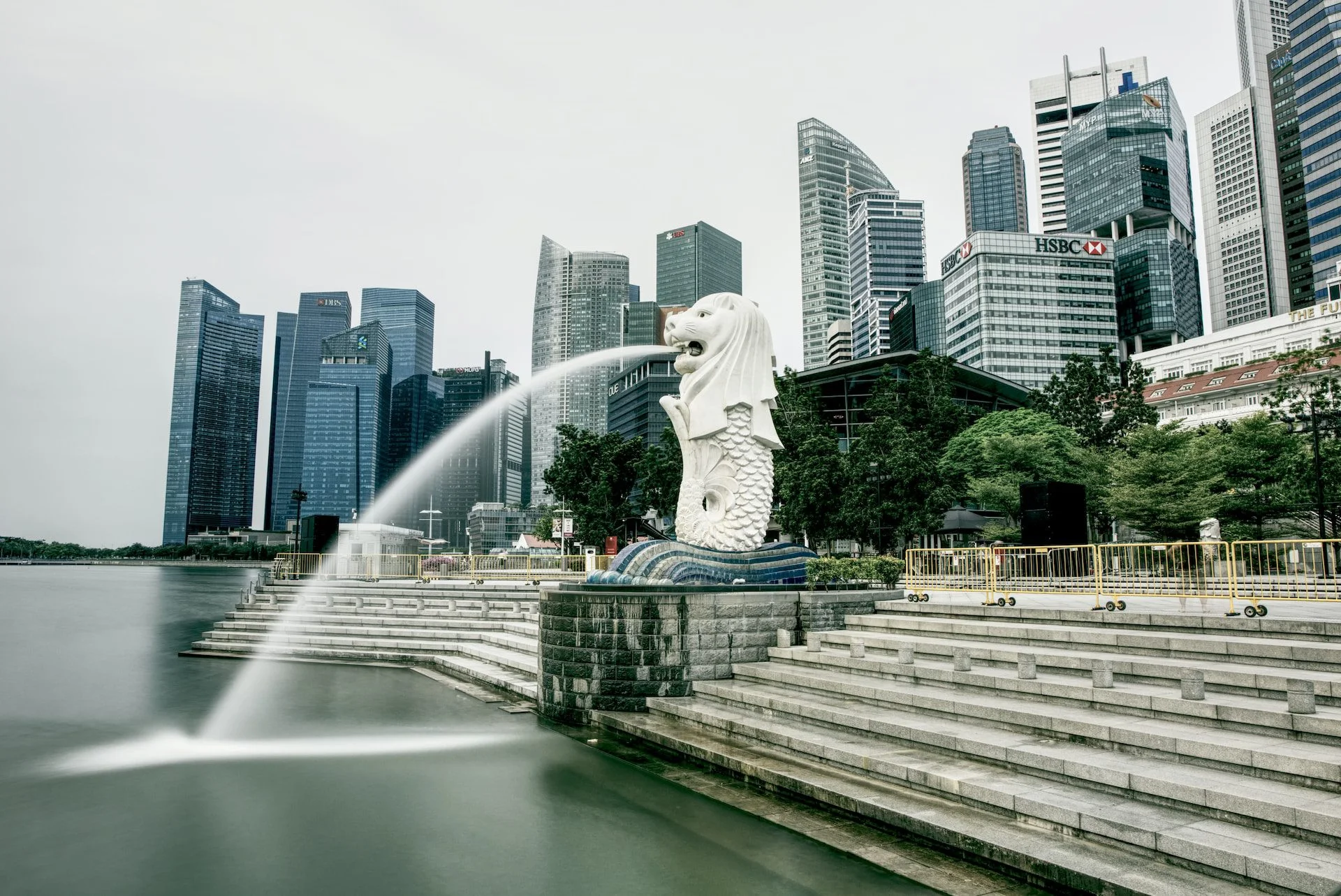With a low-interest rate environment due to the ongoing pandemic, those invested in fixed-deposit assets may be looking for alternative funds or income investments that can give higher and stable returns. Doing so can protect against the predicted inflation that will happen. In fact, inflation has started in the US, the largest global economy.
With this in mind, fund managers are incentivised to look outside their region to set up alternative fund investment schemes. These alternative investments can grow existing customers’ portfolios and attract local investors in different regions, diversifying their customer base and generating income. However, it’s important to note that setting up a fund in a new country is not easy; many challenges may arise. Here are three of them:
1. Location
When considering alternative funding methods, one should put into consideration the location. Each jurisdiction has its own rules and regulations to protect investors by providing them with a sense of transparency on how their money is invested. Usually, laws are put in place to assure liquidity, risk management, compliance and governance. Often, these regulations are opaque and keep on changing. So, it is advisable to have a local hire on the ground to perform due diligence.
This will allow you to adjust your fund offering to comply with regulations, but you may need to establish a local footprint to market your fund in a specific region. Those looking to expand to the EU need to comply with its economic substance laws, dictating how many employees need to be present locally. This requires a higher budget for office space and payroll purposes.
By analysing the different laws around
2. Different terms and meanings
Compliance is not the only unique thing from one jurisdiction to another; it is not uncommon that each location has different terminology to describe each requirement. In the US, for instance, having a notarised document is a common practice. But in the UK, a notarised document is uncommon and expensive; a certified document would suffice for fund managers to act accordingly.
Another example is having a Shariah-compliant fund, an investment strategy that adheres to Islamic principles and is socially responsible. Such a term may be foreign to Western audiences, but it is common to those in Muslim-dominated nations, such as Indonesia. Having such an investment fund can attract and broaden your customer base.
3. It’s a long and complicated process
Setting up a fund in another country is not a walk in the park; it is a complex process that takes quite some time. For example, in Luxembourg, a manager must sign up to six contracts because of different legal entities at the fund-administration level. This is a stark contrast to the US that only needs a single contract.
Once the fund is set up, the fund managers’ work does not end there; they still need to keep up with local compliance, as explained above. To ease such difficulty, fund managers may look for a global administrator with expertise in the local market, something that needs years to master on your own.
While it is true that opening a new alternative fund investment can give your existing customers better returns and broaden your customer base, it can’t be done overnight. It requires meticulous planning and a focus on the long term to get it right and reap the benefits.
Want to establish your new fund overseas with ease? Look no further; start it with Lanturn.


